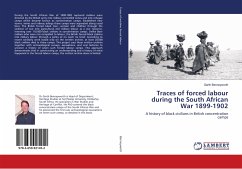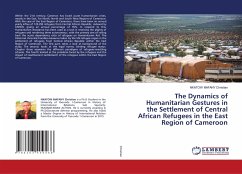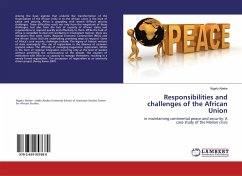During the South African War of 1899-1902 captured civilians were directed by the British army into military controlled zones and into refugee camps which became known as concentration camps. Established near towns, mines and railway sidings these camps were separated along racial lines. The British forced black men, women and children through the violence of war into agricultural and military labour as a war resource, interning over 110,000 black civilians in concentration camps. Unlike Boer civilians who were not compelled to labour, the British forced black civilians into military labour through a policy of no work no food. According to recent scholarly work based only on the written archive, at least 20,000 black civilians died in these camps. This project uses these written archives together with archaeological surveys, excavations, and oral histories to uncover a history of seven such forced labour camps. This approach demonstrates that in constructing an understanding and a history of what happened in the forced labour camps, the written archive alone is limited.








